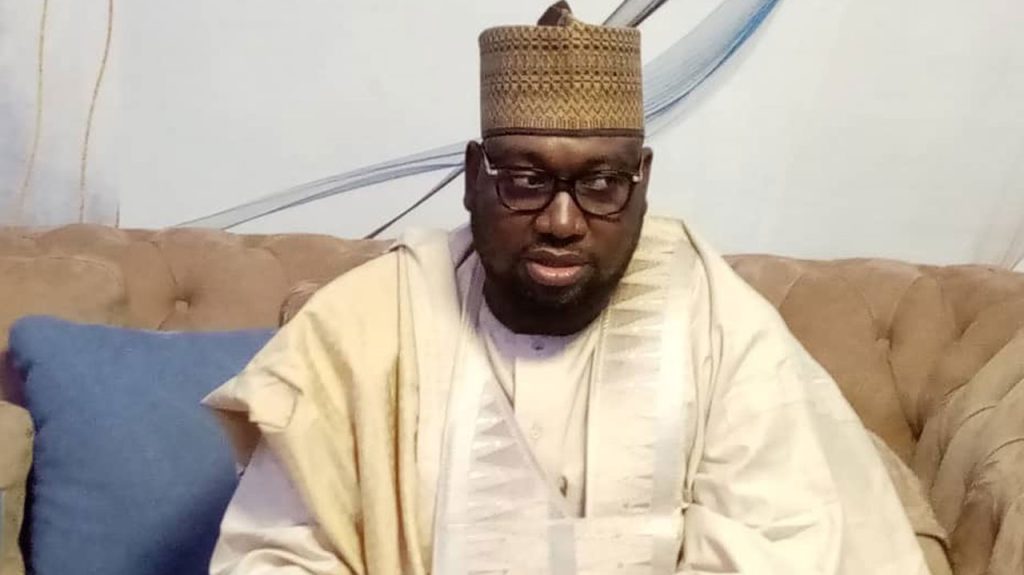The security crisis in Zamfara State, Nigeria, has reached a horrifying crescendo, with reports of unimaginable atrocities committed by armed insurgents against innocent civilians. Aminu Jaji, a member of the House of Representatives representing Kaura-Namoda/Birnin Magaji Federal Constituency, painted a grim picture of the escalating violence, recounting incidents of kidnapping, murder, and even the barbaric act of feeding infant twins to dogs by bandit leaders. The escalating violence has left communities traumatized and desperate for intervention. Jaji’s testimony underscores the urgent need for a comprehensive and effective response to the deteriorating security situation in the region. He emphasized the human cost of the conflict, highlighting the suffering of his constituents who are caught in the crossfire of this brutal insurgency.
Jaji vehemently rejected the idea of engaging mercenaries to combat the insurgency, expressing confidence in the capabilities of the Nigerian military. He argued that the armed forces possess the necessary skills and manpower to quell the unrest, provided they are adequately equipped, motivated, and supported. He stressed the importance of investing in modern technology and ensuring that resources allocated to security agencies are utilized effectively. Jaji believes that enhancing the welfare and motivation of soldiers would significantly boost their morale and combat effectiveness. He advocated for stricter monitoring mechanisms to hold security personnel accountable and ensure that resources are deployed efficiently.
The lawmaker also cautioned against declaring a state of emergency in Zamfara State, suggesting that such a measure might not be the most effective solution. Instead, he called for a comprehensive overhaul of the country’s security architecture, advocating for a more strategic and coordinated approach to tackling the insurgency. He expressed concern that those advising President Bola Tinubu might not be providing him with a complete and accurate picture of the dire situation on the ground, potentially hindering the formulation of effective policies. He stressed the need for accurate and timely intelligence to inform decision-making and enable targeted interventions.
Jaji’s account provided a chilling glimpse into the daily horrors faced by the people of Zamfara. He described how over 200 people have been kidnapped in his constituency alone, with many killed for failing to meet exorbitant ransom demands. He recounted a particularly harrowing incident where ten kidnapped individuals were murdered because their community could not raise the N30 million ransom. He further described how another 25 people were abducted from Gabake shortly after this tragedy, and fresh attacks continued in Kungurki. These repeated attacks demonstrate the relentless nature of the insurgency and the vulnerability of the local population.
The bandits have established a reign of terror, controlling vast swathes of territory and operating with impunity. Jaji lamented the loss of life and the displacement of communities, highlighting the devastating impact of the insurgency on the social and economic fabric of the region. He warned that the bandits’ increasing dominance poses a grave threat to the stability of the state and requires immediate and decisive action. The lawmaker’s emotional testimony served as a stark reminder of the human cost of the conflict and the urgent need for effective intervention.
The situation in Zamfara State calls for a multi-pronged approach that addresses the root causes of the conflict, including poverty, unemployment, and the proliferation of small arms and light weapons. Alongside military operations, there is a need for robust community engagement, peacebuilding initiatives, and socio-economic development programs to address the underlying grievances that fuel the insurgency. Furthermore, strengthening governance, promoting justice, and ensuring accountability for perpetrators of violence are essential for restoring peace and stability in the region. The international community also has a role to play in supporting Nigeria’s efforts to combat terrorism and address the humanitarian crisis unfolding in Zamfara and other affected states.














